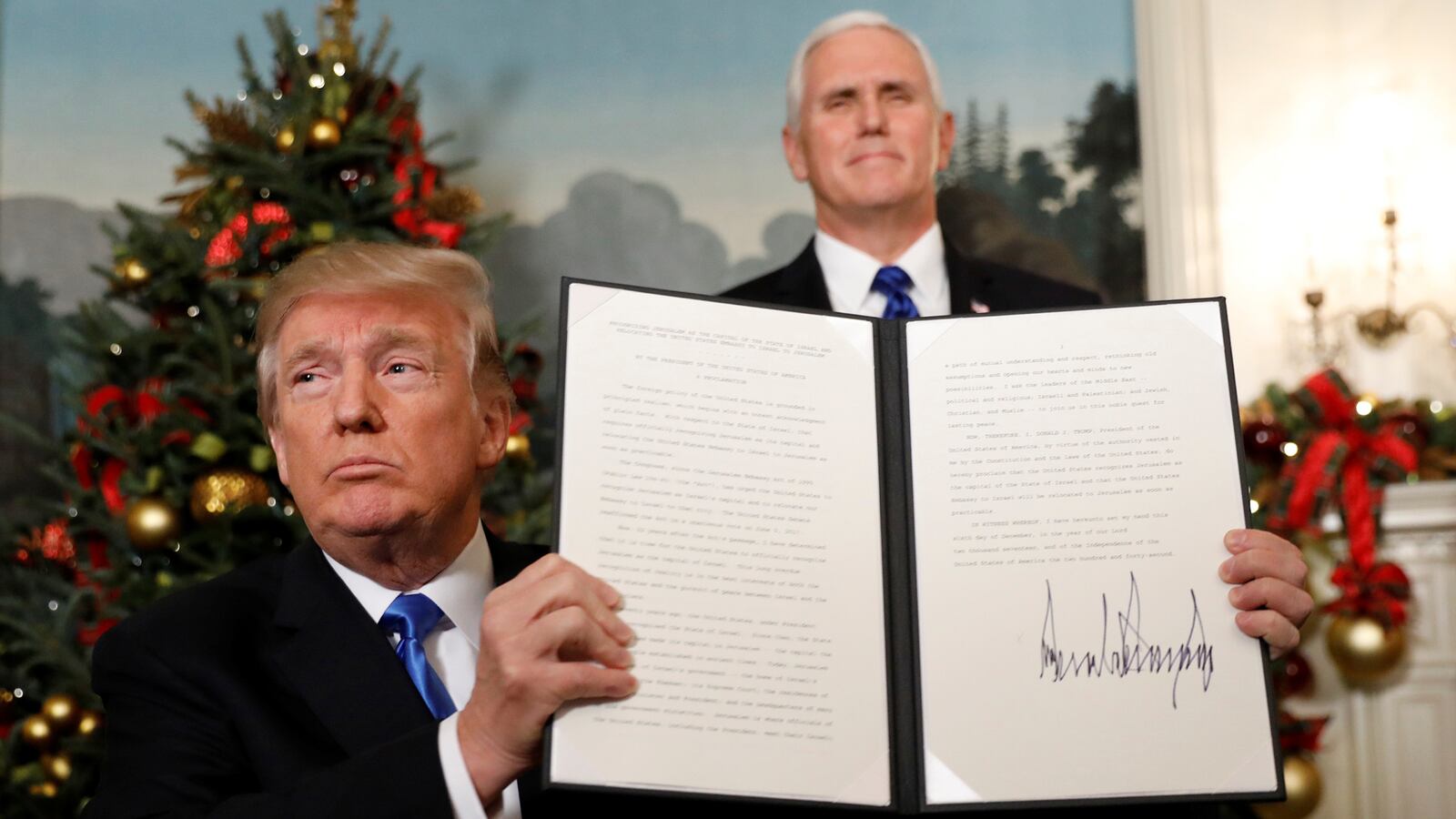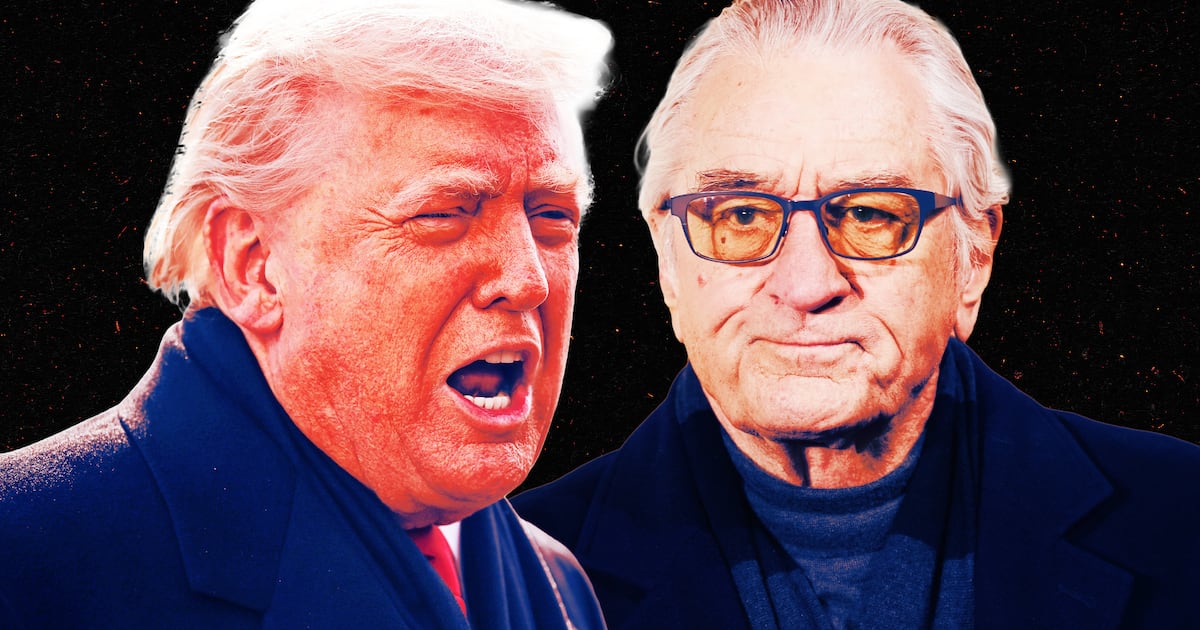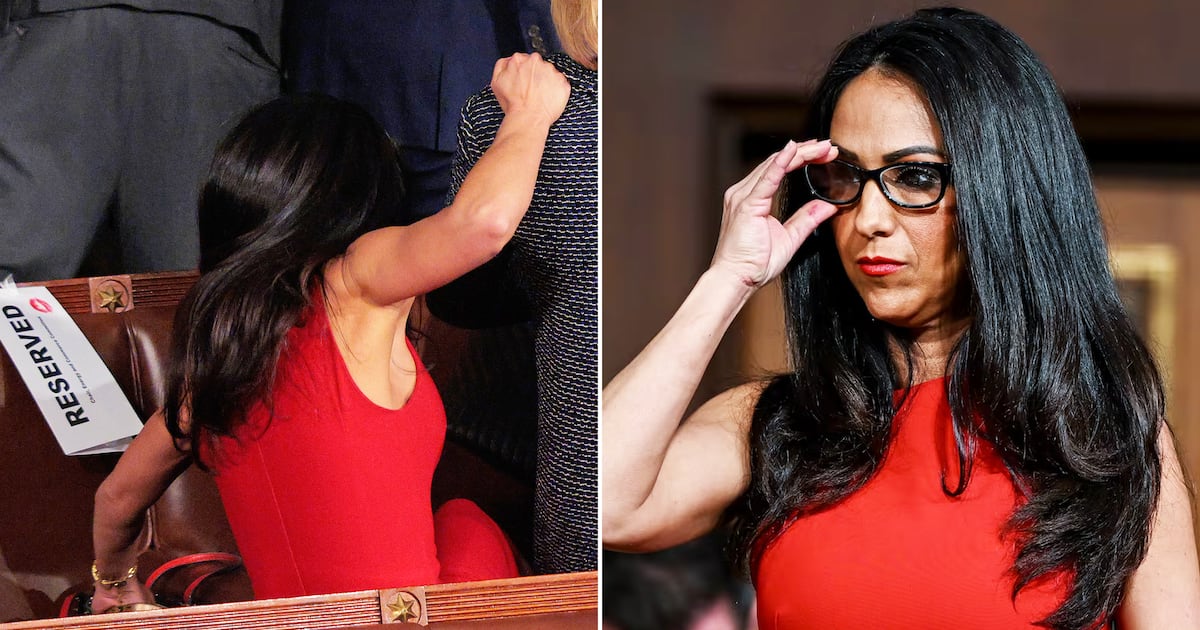PARIS—There’s a reason that Donald Trump, not a great student of history, began his highly anticipated and widely feared announcement recognizing Jerusalem as Israel’s capital with remarks about a law from 1995. The Jerusalem Embassy Act, which passed both houses of Congress with overwhelming majorities 22 years ago in October, is quite explicit: “Jerusalem should be recognized as the capital of the State of Israel,” and the U.S. Embassy should be located there.
As Trump pointed out, presidents have used a waiver provision ever since to postpone the recognition—and especially the move of the embassy from Tel Aviv—in hopes that the issue could be used as leverage in Israeli-Palestinian peace talks. And Trump’s position is that, well, that didn’t work so well. So why not accept the obvious? Jerusalem is the seat of government of Israel, so the U.S. will recognize that, and build, of course, a huge, beautiful Trumpian embassy there as “a tribute to peace.”
This does not sound like a shortcut to Armageddon, even if Hamas, predictably, says Trump is “opening the gates of hell” by doing so. We will see in the coming hours and days, and maybe with more drama six months from now—if the embassy move actually gets under way—whether reaction will go beyond indignation and hand wringing.
But already in Israel there is some disappointment that Trump didn’t actually go as far in his remarks as that hoary law from ‘95. Back then, Congress explicitly said that “Jerusalem should remain an undivided city.” Trump—reading from a vetted script on a teleprompter—did not repeat that almost scriptural phrase.
He did not mention West Jerusalem, or largely Arab East Jerusalem, and explicitly said the U.S. will take no position on the boundaries of Jerusalem. That could open the door to more metastasizing occupation, and likely the Israeli government will see it that way, but it could also mean the Palestinians can continue to cherish hopes Jerusalem will be their capital, too.
Trump embraced a two-state solution in his all too imitable way—”an agreement that is a great deal for the Israelis and a great deal for the Palestinians”—if the Israeli government will sign on. And whether one believes Prime Minister Benjamin Netanyahu or not, for the record he says that he does accept the notion of two states, with conditions. The Palestinian Authority lives for the creation of a separate state, with conditions.
So, all in all, Trump’s speech was not nearly as bad for the Israeli-Palestinian peace process as it could have been.
But, then again, that doesn’t really matter the way it used to.
As I read back through the Jerusalem Embassy Act, I was struck by how consequential all these issues seemed in the autumn of 1995, and how much less central to the fate of the Middle East and the world they appear to be now.
The ’95 law called for the embassy to open in Jerusalem in 1999 based on timetables layed out over the previous two years for the resolution of “final status” issues between the Israelis and Palestinians, including the disposition of Jerusalem.
At that moment, 22 years ago, despite many difficulties, there was a strong and sincere effort on all sides, in fact, to make peace. Oslo had opened the way, the Palestinians were establishing self government, and the roadmap to a permanent two-state solution appeared to be pretty clear, with Prime Minister Yitzhak Rabin leading the way on the Israeli side, dragging PLO leader Yassir Arafat along behind him, and trying to keep in perspective the mounting terror offensive by Hamas and Islamic Jihad.
But nine days after Congress sent the embassy act to President Bill Clinton, on Nov. 4 that year, Rabin was murdered: an act of terror by an Israeli extremist that had deep and far reaching consequences, not the least propelling Netanyahu into the position of prime minister.
Since then, whenever in office, Netanyahu has done his best (with the de facto help of Hamas and Islamic Jihad) to whittle away any possibility of a two-state solution that includes a viable and contiguous Palestinian nation based on the pre-’67 ceasefire lines. His preference has always been what amount to Bantustans separated by settlements or, as George W. Bush once put it, a map of the Palestinian West Bank that looks something like “Swiss cheese."
Subsequent peace efforts failed again and again, whether under Netanyahu, or Ehud Barak (who made a major push with lame duck Bill Clinton), or Ariel Sharon—whose grandstanding in Jerusalem helped ignite the second Intifada. A decade after the embassy act was approved, the whole picture had changed.
In 1995, the Palestine issue and the future of Israel were at the very center of the Mideast miasma. The occupation of Palestinian territory was the festering wound from which much of the regional stink seemed to emanate. But 9/11 sidelined the Palestinians, their problems—and their aspirations—making their complaint just one element in the epochal battle being pushed by Osama bin Laden and his jihadist acolytes. The Palestinians were fighting for a homeland. Bin Laden was pushing for Armageddon.
After the Bush administration was foolish enough to occupy Afghanistan and Iraq, the latter with massive cheerleading from neocons who thought the Iraq invasion would help the cause of Israel, the injustice that attached to Israel’s own occupation of the West Bank was attenuated once again. It came to seem a limited problem, not an all-consuming one like, say, the disintegration and carnage that has swept the Fertile Crescent since 2003.
Meanwhile, Netanyahu has been able to take Israel into a holding pattern on the bet he could build walls and special access roads, maintain security, and wear down the Palestinians to the point where they would have no ability to affect the lives of most Israelis, even those living in the territories. His old enemy Syria has self-destructed. Egypt and Jordan are willing to play along with him. Only Iran presents a real threat to Israel’s security, but Trump—and the Saudis—are likely to back Bibi’s play should he decide be has to make a move against Teheran.
Again, the Palestinians lose out.
So, after three decades covering “the peace process”—and having learned early on that it was all about process, and only very rarely even remotely about peace—my sense is that Trump’s Jerusalem speech is more nuanced than one might have expected, but also naïve. It is, yes, a milestone, but not a game changer. In fact, the game changed long ago.






